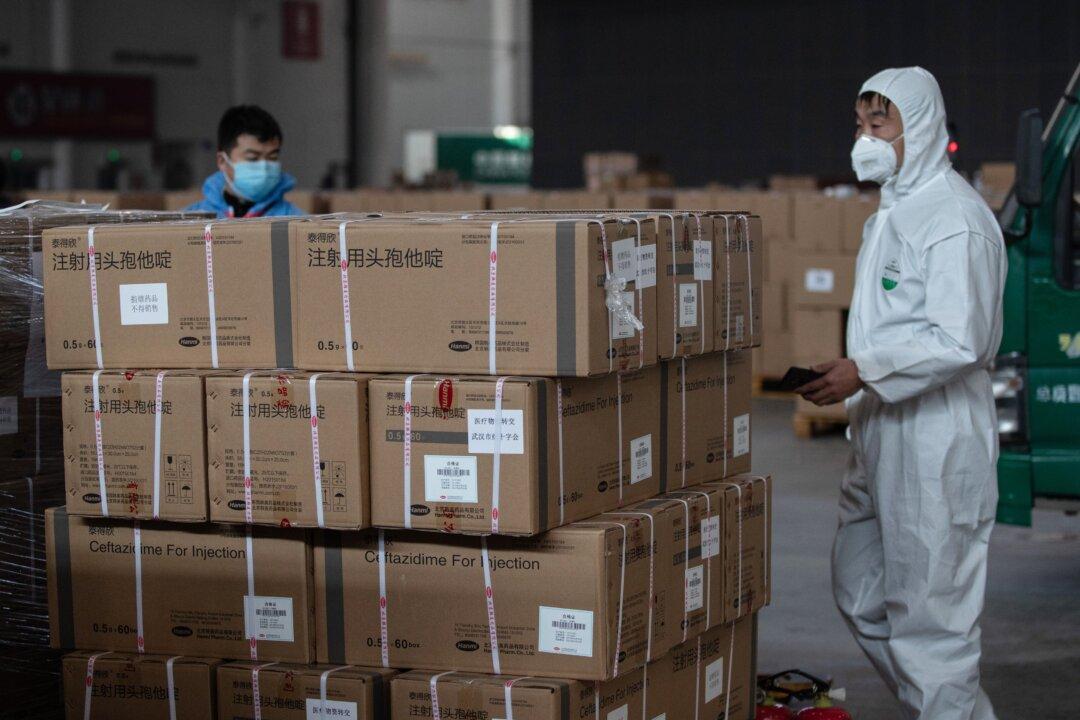A broker for Red Cross China facilitated the hoarding of COVID-19 supplies for Chinese government officials who then sold them for profit, and Red Cross China officials were involved, says a man who was roped into the scheme.
Jiang Pengyong, the General Manager of Shenzhen Jipingyong Tech Company, has come forward to reveal the scheme after being sued in China for contract fraud.





